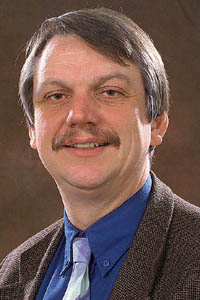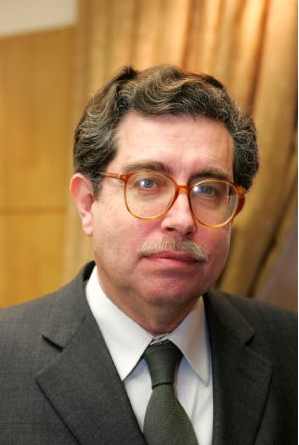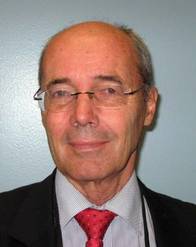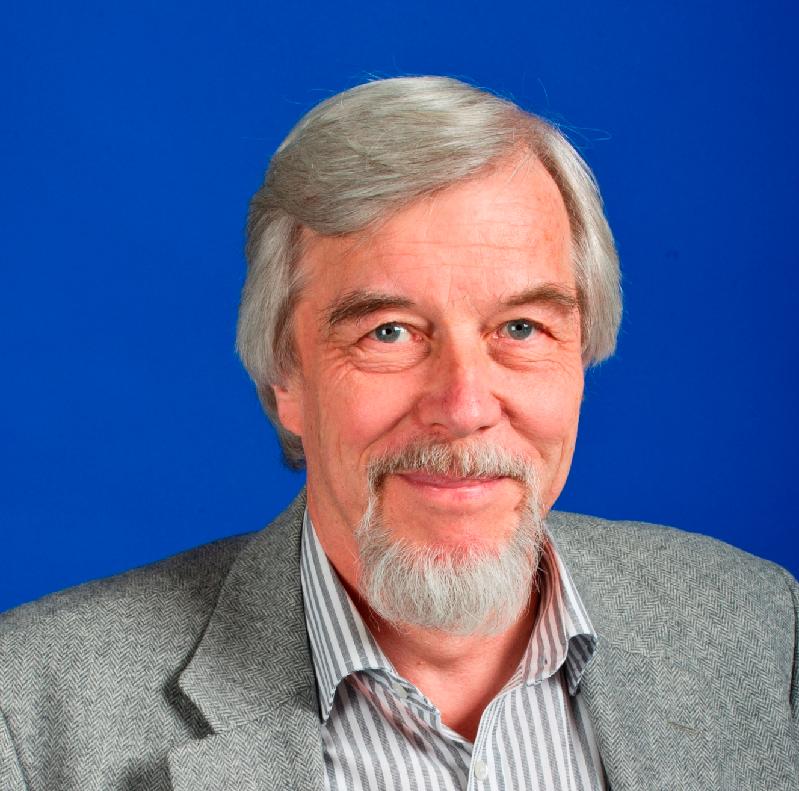Information for journalists
NEWS
A press briefing will take place at the CICG in the morning of Wednesday February 29 at 10:15.
Accreditatons
Press briefing
Accreditations
The conference fee is waived for journalists.
To get a free press accreditation: send a request to Life.Sciences@cern.ch and add a scanned copy of your passport/ID along with one of the following documents:
• a letter of accreditation on official letterhead signed from the Publisher or Editor-in-Chief (or the News Editor for radio/TV);
• a scanned copy of their national/international press card valid through 2012;
Any accompanying staff (sound engineers, cameramen, support staff, etc.) should also be registered and send us a letter of accreditation from the Editor-in-Chief (or News Editor for radio/TV).
On-site registration will be possible, please bring the documents listed above.
Press briefing
A press briefing will take place at the CICG in the morning of Wednesday, February 29, at 10:15, in room 14 (second floor).
Participants:
Prof. Søren M. Bentzen, Professor of Human Oncology at the University of Wisconsin, USA.
Prof. José Mariano Gago, Professor of Physics at Instituto Superior Técnico in Lisbon, Portugal.
Prof. Jean-Pierre Gerard, Professor of Oncology-Radiotherapy, Centre Antoine-Lacassagne, Nice, France.
Prof. Rolf-Dieter Heuer, CERN Director General.
 |
Søren M. Bentzen, PhD, DSc is professor of Human Oncology and member of the Imaging and Radiation Science program of the Carbone Comprehensive Cancer Center at the University of Wisconsin (UW) School of Medicine and Public Health, Madison, Wisconsin (USA).
Qualifications: M.Sc. (physics and mathematics, 1981); Ph.D. (medical imaging, 1986); D.Sc. (clinical radiobiology, 1994), all from Aarhus University, Denmark. |
| Prof. Bentzen holds joint appointments as Professor of Medical Physics and of Biostatistics & Medical Informatics at UW. He has published more than 350 scientific papers and presented nearly 300 invited lectures.
His research has been rewarded with 20 awards and honours, including the ESTRO Breuer Gold Medal (2003), the MD Anderson Distinguished Alumnus Award (2008), Honorary Life Memberships of Association of Radiation Oncologists of India (2008) and Belgian Society for Therapeutic Radiology and Oncology (2009), Douglas Lea Lecture of the UK Institute of Physics and Engineering in Medicine (2011).
Prof. Bentzen held an Honorary Professorship at University College London (2000–2005). He is currently the Varian Visiting Professor to the Radiation Therapy Oncology Group (RTOG) and Adjunct Professor of Radiobiology and Medical Physics, University of Copenhagen. |
 |
José Mariano Gago is an experimental high-energy physicist and a Professor of Physics at the Instituto Superior Técnico (IST) in Lisbon, Portugal.
He graduated in electrical engineering at the Technical University of Lisbon and obtained a Ph.D. in Physics from the École Polytechnique in Paris. He has been working for several years as a researcher at the European Organisation for Nuclear Physics (CERN) in Geneva, Switzerland and in Portugal's Laboratory for Particle Physics (LIP), which he chaired. |
Prof. Gago was a member of the CERN Council and chaired the High Level Group on Human Resources for Science and Technology in Europe.
As Portuguese Minister of Science and Technology (S&T) during 1995-2002, Prof. Gago was responsible for science and technology and for information society policies. He launched the Ciencia Viva movement to promote S&T culture and S&T in society.
During the Portuguese EU presidency (2000), he prepared, along with the European Commission, the Lisbon Strategy for the European Research Area and for the Information Society in Europe. In 1998 he also launched the Eureka-Asia Initiative in Macao During the 2007 Portuguese EU Presidency he promoted the adoption of a strategy for the future of S&T in Europe and for the modernization of universities in the EU.
Prof. Gago has been President of the International Risk Governance Council (IRGC) in Geneva and is now a member of the IRGC Board. He is also a member of the Academia Europaea. |
 |
Jean-Pierre GERARD is Professor of Oncology-Radiotherapy and member of the Cancer Centre Antoine-Lacassagne in Nice, France.
Over the past 30 years, Prof. Gerard has covered various positions of responsibility. From 1980 to 2001 he was Head of the Department of Radiotherapy Oncology at the Centre Hospitalier Universitaire in Lyon (France), and between 1999 and 2001 he held the role of President of ESTRO (European Society Therapeutic Radiation Oncology). |
In 2004 Prof. Gerard was appointed President of SFRO (Société Française de Radiothérapie Oncologique) and in 2006 President of the Oncology Network ONCOPACA-Corse, a role that he covered for three years.
Between 2001 and 2009 he was General Executive Manager of the Cancer Centre Antoine-Lacassagne, of which he is still member, and in 2009 he has been visiting professor to the Medical Faculty of Alexandria, Egypt.
Over the course of his career, Prof. Gerard received various honours, in particular: two academic palms, one as Knight in 1996 and one as Officer in 2001; a medal of honour of the Service de Santé des Armeés in 1997 and the insignia of Knight of the Legion of Honour in 2004. |
 |
Rolf-Dieter Heuer is CERN Director General since January 2009.
He obtained his Ph.D. at the University of Heidelberg in 1977. Most of his scientific work focused on the study of electron-positron reactions, the development of experimental techniques, as well as the construction and operation of large detector systems. |
From 1984 to 1998, Prof. Heuer was a staff member at CERN, working for the OPAL experiment at the electron-positron storage ring LEP. During his 15 years at CERN, he held the highest managerial positions in the OPAL experiment and was the OPAL’s spokesperson in 1994-1998
In 1998, Prof. Heuer became full professor at the University of Hamburg. He then set up a University/DESY group to prepare experiments at an electron-positron Linear Collider, which quickly became one of the leading groups in this field worldwide.
From 2004 to 2008, Prof. Heuer was research director for particle and astroparticle physics at the DESY laboratory, a member of the Helmholtz association. He has been a member of many scientific committees and advisory bodies where he has acquired a great deal of expertise in reviewing projects as well as in assessing and promoting people. |





